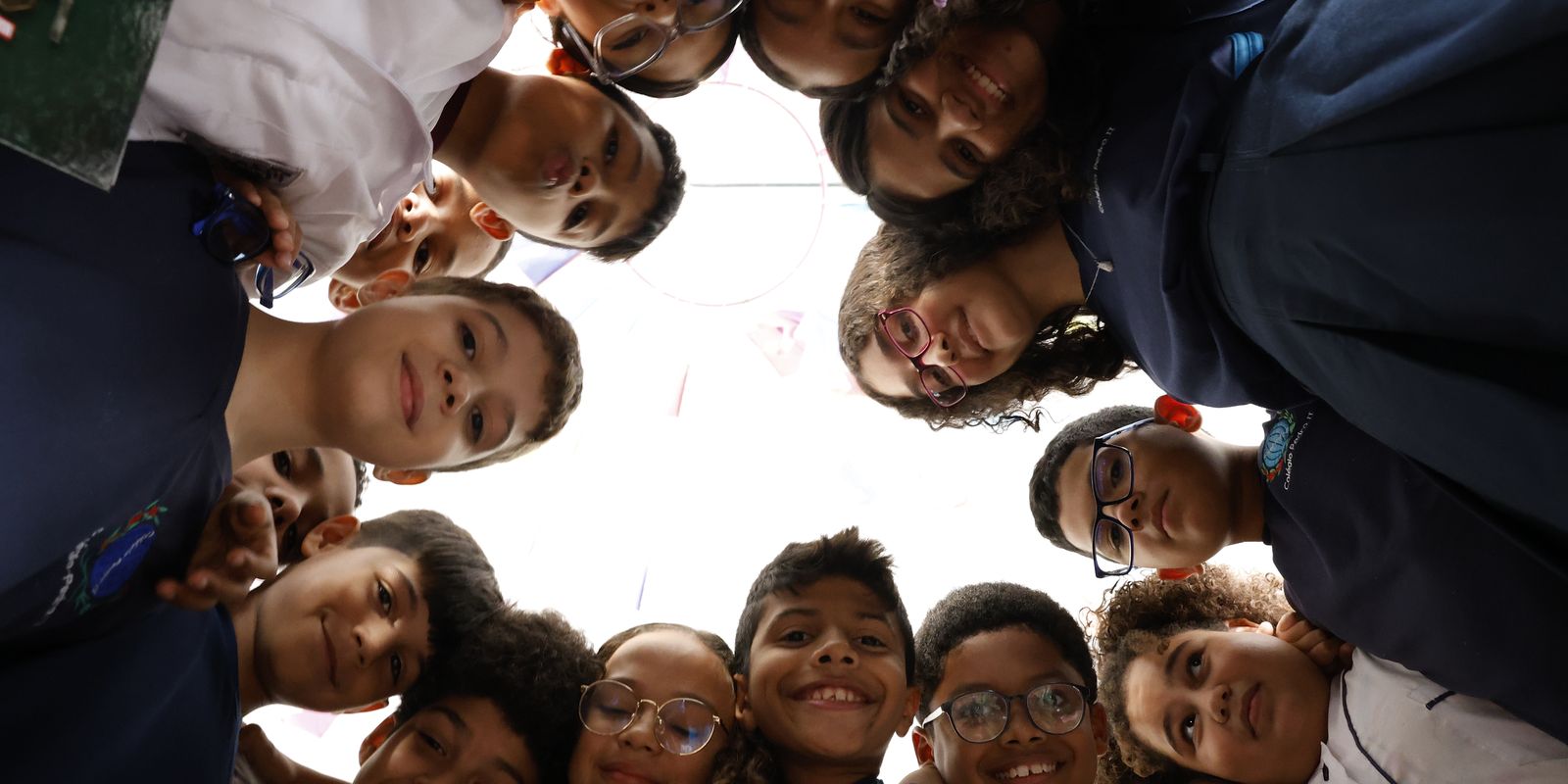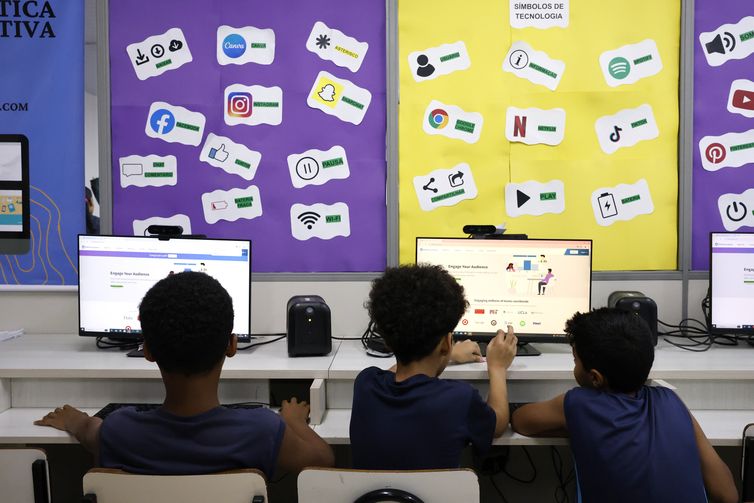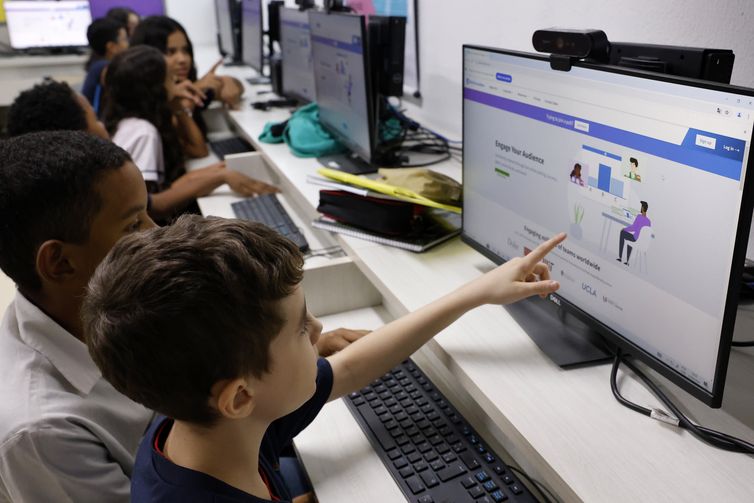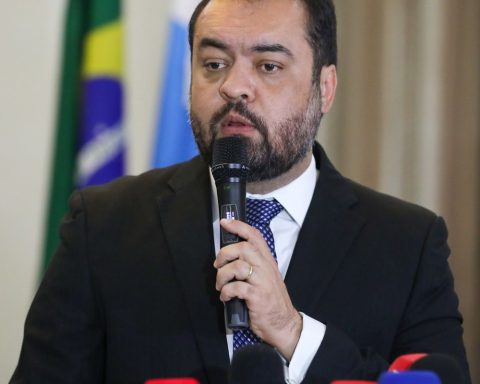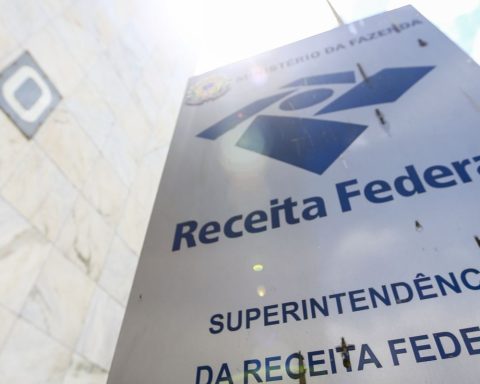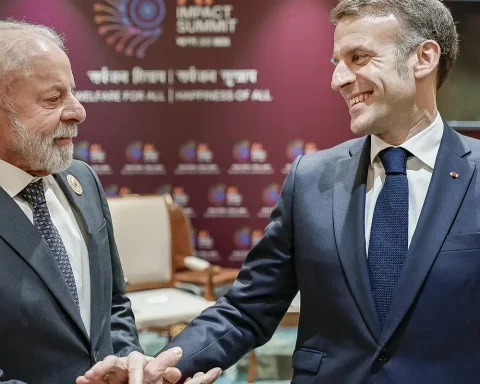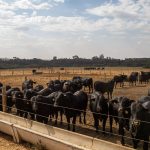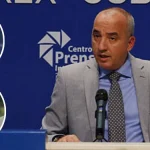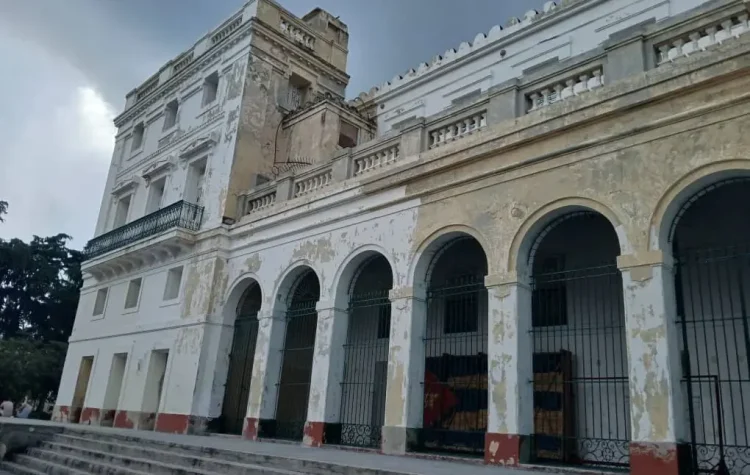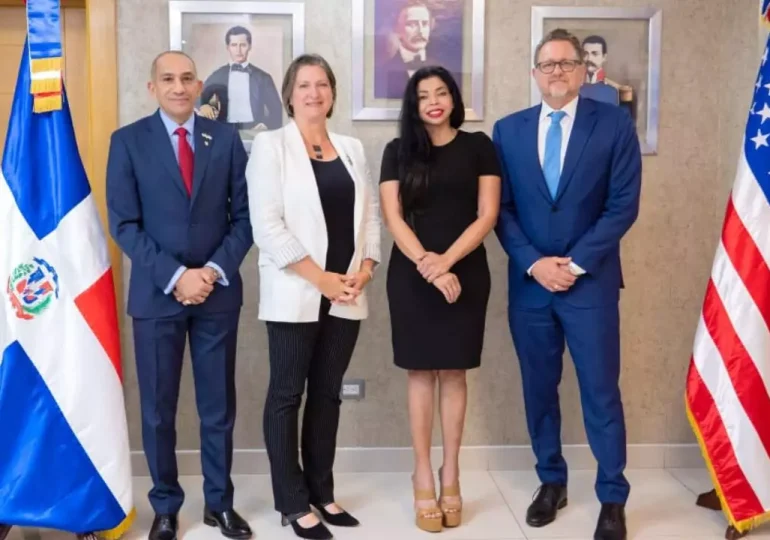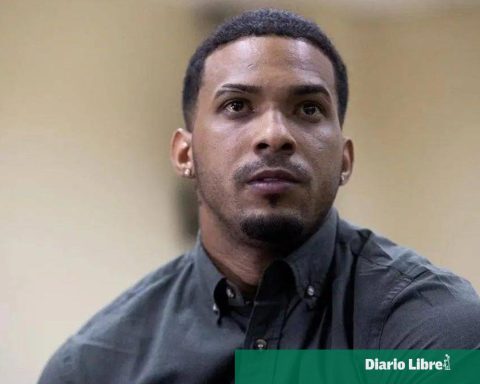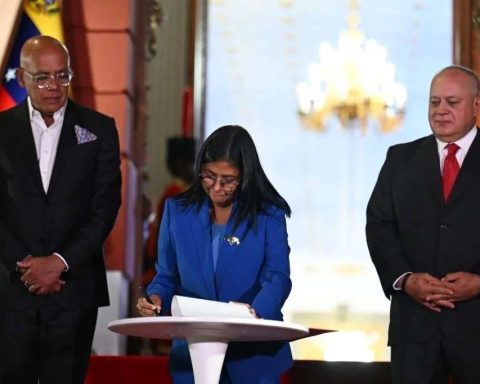In a year of municipal elections, how and why should children be involved in such a dry topic as politics? There are many answers to this question, and Brazil Agency learned about practical experiences that help introduce the subject to children, even before the minimum voting age (16 years) in the election that will take place in October throughout the country, with the exception of the Federal District.
One of these experiences aimed at electoral education is the Plenarinho Project, of the Chamber of Deputies, which completed 20 years this August. The coordinator of the Education for Democracy team at the School of the Chamber of Deputies, Corina Castro, explains that the project was created to teach children and teenagers about politics and democracy, “all in a fun and easy-to-understand way”.
“There you can find games, comics, videos, activities that show how laws are made and how the government works.”
According to her, the content is aimed at both the 9 to 12-year-old audience and teachers who wish to address the topic in the classroom. Among the projects are Câmara Mirim, in which groups of children create and vote on bills; and Eleitor Mirim, which teaches children to vote for fictitious candidates.
For the coordinator, it is important that children get involved with elections to understand and exercise citizenship from an early age.
“We treat this as an opportunity for children to learn how to choose well, remembering that choosing well involves perspective, place of speech, the place where the person is, their context. So, learning to choose well means choosing according to the interests of your community.”
Corina highlights that, as “citizens of the future”, children must understand the choices that are made in the present and that will affect that future.
“Many things that are done today are not beneficial for the future. This is the case, for example, with climate change. The way we have been working, doing things, may not be good for the future. And elections are an opportunity to grow, knowing that your opinions are important and that they can make a difference. But it’s not just about the opinion, it’s about understanding how the experience was to arrive at that opinion.”
Child voters
In Rio de Janeiro, Colégio Pedro II, a federal institution with 15 campuses in the capital and Metropolitan Region, with around 12 thousand students from early childhood education to high school, it works with the practice of election in the classroom since the fifth year, the last series of the first phase of elementary school, which involves children aged 10 and 11.
The pedagogical advisor at Campus São Cristóvão I, Flávia Assis, explains that each class chooses its class representative, who will, among other things, participate in the Class Council (COC) together with the teachers.
“Every year there is [essa eleição]and they are invited to run for office. We talk to them about what this representation means. What it means to launch oneself into the collective, to represent a collective, because it is not a question of talking about oneself, right? In general, we bring some literature that involves them in this sense. Then the electoral period begins, we present the electoral calendar, the candidates present themselves, run their campaigns, present their programs. And then there are the elections.”
According to her, the representations have autonomy to act together with the class.
“For example, there are years when representatives organize graduation ceremonies. There are years when representatives write letters to the administration to request improvements to the physical aspects of the school. Sometimes these are topics that involve events, so the level of engagement of the class varies greatly. But what we want with this is for them, as a whole, to feel like a collective body and to understand that the representatives have a role in taking the voice of that collective out into the world, so that they organize themselves politically in their agendas, that is the intention.”
The election is coordinated by the Educational and Pedagogical Guidance Department (Seop). Pedagogist Manuela Monteiro, responsible for the Seop at Campus São Cristóvão I, explains that all classes receive guidance on class representation and also monitoring of their interaction with the school’s sectors.
“We hold a team meeting, draw up a schedule, thinking about the time needed for each step of the voting process, participation in assemblies and the role of student representatives on the class council. Each schedule is planned for each quarter, because, for example, in the first quarter, the student representative is voted on. In the other quarters, it is only a matter of assemblies, because the student representatives have already been elected.”
Candidates
The reporter spoke with some of the candidates. Ana Júlia Diniz Cassiano, 10 years old, says she wants to be a representative to help the class, the teacher and organize recess, in addition to having the opportunity to speak at the Class Council. “A class representative represents the whole class, the students give the representative an idea and he takes it to the COC.”
In his campaign, Conrado Senas, 10, says he intends to bring more order to the class and avoid conflicts. “I want to solve the problem of cursing at others, that you can’t swear, right? And you have to respect your friends, you can’t scribble on the table, you can’t scribble on the wall. Don’t do anything stupid, like, don’t dirty the bathroom, don’t pee on the floor, because the cleaning lady will be very upset.”
Teodoro Oliveria da Silva Batista, 10, hopes to be elected to help his class stay focused on their studies. “I wanted to help the school in many ways, but I hope to help my class. We have to listen to each other, we talk a lot, but we are very close. And I think we could stop talking a little and pay more attention in class.”
Ana Beatriz da Silva, 11, believes that, although voting is the most common way to choose, the ideal would be to reach a consensus. “In a way, it is unfair, I think we should talk, reach a consensus together and, if necessary, hold a vote. Because I think what really matters is unity, not whoever has the most votes wins.”
The young people are also keeping up with the municipal elections and have important messages for whoever wins the race. “I would ask him to provide better conditions for people, better financial conditions. Because there are many people who do not have very good conditions and live in places that do not have sufficient infrastructure to house people, near sewage, and when it rains everything overflows and can transmit diseases to people. I think there should be improvements for Rio’s favelas,” says Ana Beatriz.
Isabella Nairim Gomes de Souza, 10, agrees with her colleague. “For me, I would make the candidates, the elected officials, more humble, to help others, to have compassion.”
Francisco Barcelos Rodrigues, 10 years old, remembers the improvements that only happen during the campaign. “Where I live, there was a guy who started fixing the streets a while ago. And yesterday he went through every street setting off fireworks and waving flags. It’s not right, because it should be done all the time. He’s fixing everything now, but he’s just looking for votes so he can win the election and then do nothing else.”
Maria Eduarda Rocha Campos, 10 years old, spoke about the promises that politicians have not kept. “I think there needs to be a mayor to put things in order and fix things, but there is no point in having a mayor who promises and promises and promises, makes a lot of propaganda and doesn’t follow through. He needs to be an honest mayor who will follow through on the things he says and does.”
Early participation
Plenarinho coordinator, Corina Castro, highlights the importance of participating in the electoral process from an early age, to understand the importance of citizenship and democracy from a young age.
“Even without voting, they can participate by learning, talking, helping in the community, supporting their parents, practicing citizenship. Volunteering, for example. And there are many opportunities in the elections themselves, right? Some organizations accept children to hand out pamphlets and participate in events. So, it’s a way of practicing citizenship. And we believe that this creates a strong foundation for children to be active, informed citizens in the future and today.”
Another organization that has work focused on childhood in these elections is the United Nations Children’s Fund (UNICEF). The UN entity made recommendations to guarantee the rights of children and adolescents in Brazilian cities, in the form of a primer for candidates, for journalists, for teenagers and for voters.
The coordinator of the UNICEF Adolescent Citizenship Program in Brazil, Mario Volpi, explains that, among all the demands that require attention from authorities and society in the country, the organization identified five of the most urgent: protection against all types of violence, climate change, quality schools for all, promotion of health and nutrition, and social protection.
“These five issues cannot wait, so we tried to establish a set of actions that we want the city to discuss and that the candidates for mayor and city councilor say two things: what they are going to do and how they are going to do it. Because it is not enough to say what they are going to do, they need to say with how much money, with what activities, with which professionals. How are they going to fulfill these promises?”
Regarding children’s involvement in the electoral process, Volpi highlights that their participation in society must be progressive.
“You start by participating, giving your opinion in your family, at school, understanding the problems and then, as a teenager, you start participating in some discussion group about rights, to demand your rights, the student union at school, and at 16 you can get your voter registration card and go vote, choosing your candidates.”
He also highlights the importance of children and adolescents being involved in conversations on the topic. “Because they are the ones who experience public policies, right? They are the ones who are in school, they are the ones who are being treated at the health center. So, their voice, their opinion and their suggestions in the debate, in suggesting solutions to issues that concern their own lives, are essential. We will not advance in the consolidation of democracy, in sustainable development, without the participation of children and adolescents.”
Follow on National Radio Agency the Smart Kids podcast about the municipal elections. The original production offers journalistic content aimed at children. The series about the elections will have a total of four episodes, published every Friday. The first two are already on air. Content also available on audio players and with translation into Libras for YouTube.
